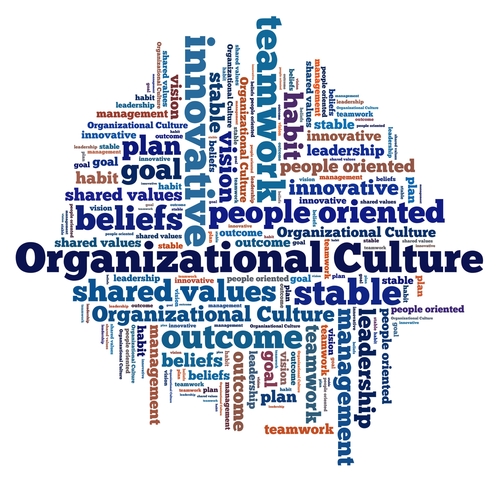Last week I wrote a blog entitled Nothing Proves The Importance Of Culture Than When Two Of Them Collide. It was all about my experiences in making a big acquisition and then realizing that words have different meanings to different people, especially when applied to a company’s culture.
In this blog I am going to describe another “culture” experience. This also covers corporate cultures and why success in one organization is not what brings success in another.
In my youth I thought I had it made
Over forty years ago, I was the marketing director of a proprietary drug organization. Our group was made up of almost all “under 40s.” We liked to think of ourselves as high flying, aggressive and remarkably successful. We worked hard, played hard and enjoyed each other’s company. We were in before eight AM, played basketball or squash at lunchtime, then back to the office for another round of work.
The organization narrowed at the top. Consequently, I allowed myself to be recruited to start a proprietary drug unit for an old-line ethical drug company, which in turn, was owned by an even older heavy chemical company.
During the recruiting process, my wife and I were required to go to dinner with my soon-to-be boss. He was almost sixty, very conservative and took himself very seriously. His wife leaned over to my 30-plus professional wife and said, “You will love being a xxxx wife” ― something you would never say today and that was probably not even appropriate 40 years ago, but I never picked up the cues because all I wanted to do was build something big.
However, it didn’t end well
Exactly one year after my hire, I looked at my accomplishments. I had doubled the revenues of products spun off from the ethical drug company, increased profits four-fold, built a proprietary sales force to achieve new avenues of distribution, and developed and successfully sold a five-year strategic plan to senior management.
I was asked to join my boss in the president’s office and was expecting a huge bonus and promotion. Yet I quickly found out that the purpose of the meeting was to ask me to resign. And, if I left before lunch, they would pay out my contract.
What went wrong?
I just did not fit! I was 20 years younger than my peers on the ethical side of the company. I did not live in the same town as many of them. I did not party with them on the weekends. I was not a country club guy. And I liked to spend time with my young family.
Most importantly, I aggressively wanted to build a business which was inconsistent with what leadership deemed important: don’t rock the boat. I was violating their imposed norms. I made them uncomfortable.
Lack of diversity = lack of productivity
While writing this blog, I paused for a day because I wanted to tune in to the Women Business Collaborative conference, called Action for Impact. Numerous female C-suite leaders talked about management, issues associated with leadership, and the need to commit to DEI. Now I get it! Forty years ago, management was made up of older white men. There was no diversity. Not in age or race and certainly not in gender.
This lack of diversity made it difficult to build a team of the very best. While I am not going to say that this restricted their talent pool, something went wrong, and it caught up with them. Today, neither the drug company nor its heavy chemical holding company are still around.
Four things to consider when growing or joining a company
While I don’t often think about my experiences of long ago, reflection can add after-action wisdom. If you are looking to hire or be hired, here are some important points to think about.
- Recognize that each organization has its own culture. If you are hiring or looking to be hired, understand that culture is not the same everywhere. Success in one company does not guarantee success in another, as my experience proved. By the same token, great leadership in one does not necessarily translate to success in another.
- Understanding how success is defined in the organization is critical your success. Sometimes it is the profit and loss and balance sheet. Sometimes it might be the DEI. Sometimes it might be the personal relationships. Or maybe it is a combination of many or all of these. Whatever “success” is for that company, understand it and how it works for you.
- Understand what the organization looks like. What is the makeup of the board, and do they have a shared version? This is terribly important if you want to be hired or if you are looking to hire.
- Learn to listen. If you are being recruited, stop and listen. It is not always what people say but what they do. You can learn a lot from someone talking about their organization. What’s their body language? Do they seem excited to be working there or beaten down? What words do they use to describe leadership, their fellow employees, the culture? All of these subtle cues are critical and should factor into your decision of whether or not you want to work there.
Ready to take a hard look at your culture?
At Simon Association Management Associates (SAMC), we are culture change experts. We specialize in helping companies and their staff assess their organizational culture and business model as it is today and embark on a process to implement the culture they want and need for tomorrow. We invite you to contact us to discuss how our team of corporate anthropologists and business change management advisors can suggest ways you and your business can change your culture to capitalize on today’s many challenges to achieve greater success. We look forward to hearing from you.
From Observation to Innovation,
Andy Simon
Partner, Simon Associates Management Consultants
Info@simonassociates.net




